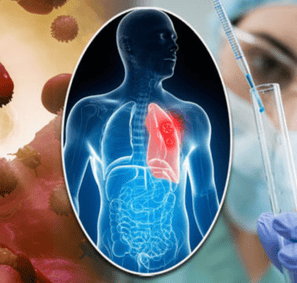 After your diagnosis, your physician will work closely with you to help you understand your condition and which treatments have the greatest chance of helping you return to good health.
After your diagnosis, your physician will work closely with you to help you understand your condition and which treatments have the greatest chance of helping you return to good health.
- The stage, type, and grade of your tumor
- Whether it has spread to other tissues
- Your age, health history, and personal goals
Your treatment will depend on which type of lung cancer you have, how far it has spread, your overall health, and other factors. You may get more than one type of treatment.
The treatments for small cell lung cancer include:
- Surgery
- Chemotherapy
- Radiation therapy
- Immunotherapy
- Laser therapy, which uses a laser beam to kill cancer cells
- Endoscopic stent placement. An endoscope is a thin, tube-like instrument used to look at tissues inside the body. It may be used to put in a device called a stent. The stent helps to open an airway that has been blocked by abnormal tissue.
The treatments for non-small cell lung cancer include:
- Surgery
- Radiation therapy
- Chemotherapy
- Targeted therapy, which uses drugs or other substances that attack specific cancer cells with less harm to normal cells
- Immunotherapy
- Laser therapy
- Photodynamic therapy (PDT), which uses a medicine and a certain type of laser light to kill cancer cells
- Cryosurgery, which uses an instrument to freeze and destroy abnormal tissue
- Electrocautery, a treatment that uses a probe or needle heated by an electric current to destroy abnormal tissue

